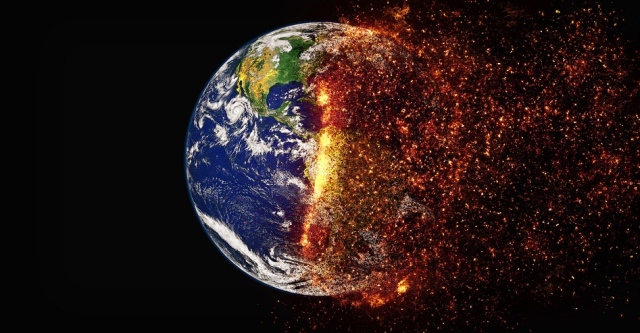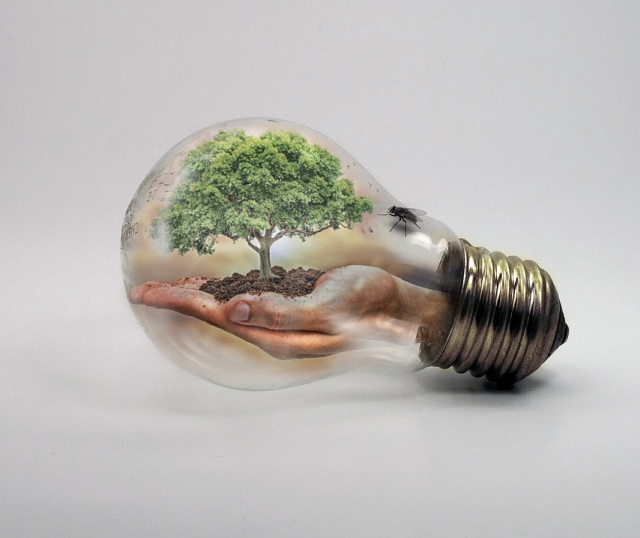What will the world look like when climate change is counteracted?
How many of us have a clear picture of what our lives will be like if we prevent the worst effects of climate change? Will it be the same as now or different? How?
For some people solving the climate crisis means limiting global warming to below 1.5 degrees Celsius, for some that means reducing the amount of CO2 in the atmosphere from its current level of 400 parts per million to below 350 ppm, while for some its all about transitioning to a “fossil free world” or a low or zero carbon economy.

Do any of these descriptions generate the emotion that most of us need to change our behaviour? The current evidence suggests not!
These descriptions of what we are wanting to achieve all make sense but what do they look like in reality? What will our everyday lives look like in a world not threatened by climate change? Will our standard of living be the same, better or worse? Can we give a clear answer to these questions?
In our work with a large variety of different not-for-profit organisations, we find a common challenge is clearly articulating why the work they do is important, using language that engages both head and heart to deeply engage with potential supporters.
To me, this is a problem that the climate change movement has not fully solved. Simply keeping the temperature lower than the current projection is not tangible enough to excite or inspire people to make significant change. We need to move from scaring people about how bad off they will be if they don’t change to inspiring them to work towards a better future where we are all living more sustainably and in a mutually beneficial relationship with the natural environment.

We need to show people how their lives will be better when climate change is mitigated and that it is not just the removal of negatives such as more severe weather events etc. This is especially true when the well-off (i.e. powerful people) will always be in a position to deal with most of the adverse effects of climate change, while the less powerful members of society and many less developed countries will be impacted much more severely by global heating.
We need a clear picture so that the naysayers can’t so easily scare people into inaction. Without knowing the benefits many people will be scared of change especially relating to acts of consumption so won’t work towards a more sustainable and equitable future.
The article by Frances Flanagan discusses how we should consider increasing the value we place on “the human activities that are positively necessary for the repair, renewal and regeneration of our soils, our oceans, our cities, our critical human systems and our human bodies” as a vital part of our response to climate change. How these activities are environmental “because it is centrally concerned with human and non-human regeneration, and in particular with fostering social cohesion, trust, civility and a sense of order. It is environmental because it fosters education and the passing on of learning about how to live wisely and within limits.”
A world that is much more caring of each other and our environment sounds like a good world to me and if that is the benefit of mitigating climate change, then bring it on!
There are organisations like Beyond Zero Emissions that have developed plans for how we can transition to a thriving, zero emissions society. These plans cover renewable energy and electricity; energy efficient buildings; sustainable transport; agriculture, farming and land use; and industry. As these plans are both achievable and affordable now, there is no reason why we can’t make the necessary changes apart from our inaction.
Our current narrative about why we must address climate change now does not appear to be working. I think we need to consider changing our story from being basically deficit-based (the end of the world is nigh) and make the benefits tangible in terms of jobs, the economy, life style, relationships with each other and nature and a more caring, healthy, resilient and adaptable world.
This is a big ask but it can be done.
What do you think?